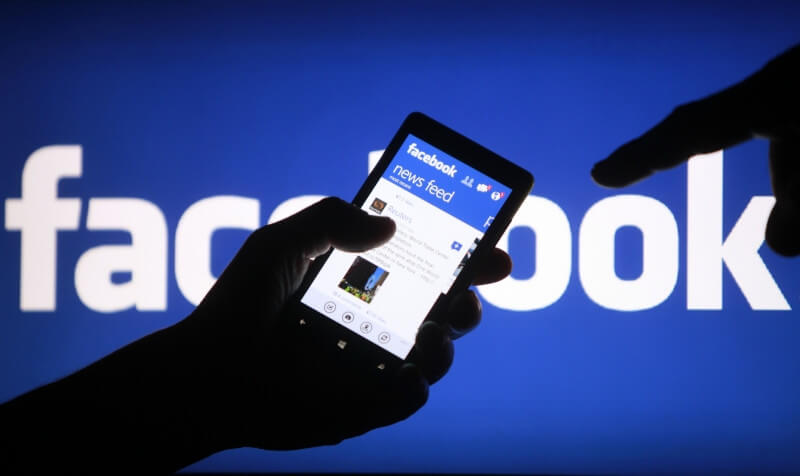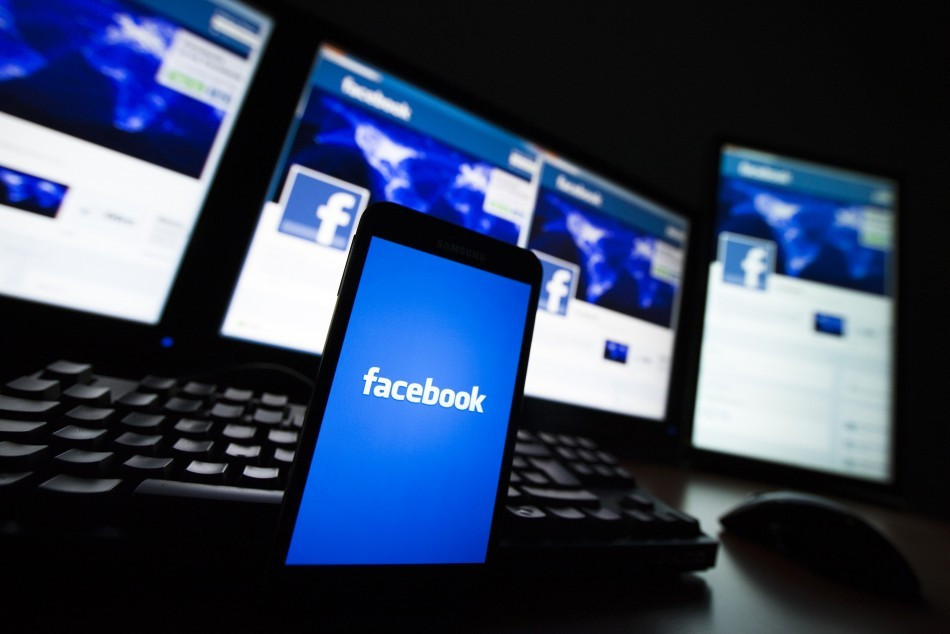Facebook has certainly been in a bit of hot water lately. The company has been the target of numerous lawsuits and widespread community backlash following the recent Cambridge Analytica data privacy debacle and CEO Mark Zuckerburg soon plans to testify in front of Congress regarding the incident.
Regardless, it seems the company is ready to move past their issues now. Today, several Facebook executives laid out the their plans to improve the platform in the future. For now, those plans include steps Facebook is taking to "protect election security" during the US 2018 midterm elections and onward.
"...during the 2016 US election, foreign actors tried to undermine the integrity of the electoral process. Their attack included taking advantage of open online platforms --- such as Facebook --- to divide Americans, and to spread fear, uncertainty and doubt," Facebook's VP of Product Management Guy Rosen said during a press conference. "...none of us can turn back the clock, but we are all responsible for making sure the same kind of attack our democracy does not happen again."
...Facebook is working on four main "election security areas:" eliminating foreign interference, removing fake accounts, increasing ad transparency and reducing the spread of false news.
To accomplish this goal, Facebook is working on four main "election security areas:" eliminating foreign interference, removing fake accounts, increasing ad transparency and reducing the spread of false news.
How Facebook plans to address the first security area is unclear. Executives merely say they're working with unidentified experts to keep track of potential foreign threats and proactively looking for "potentially harmful types of election-related activity" that could have a negative impact on America's democratic processes.
However, the second security area, the removal of fake accounts, is something the social media platform was much more straightforward about. Using artificial intelligence, Facebook can detect and delete suspicious accounts more quickly than ever before. Indeed, executives say the company is now deleting millions of false accounts on a daily basis thanks to this technology.
The third security area, ad transparency, is particularly interesting. Facebook plans to allow average users, researchers, government officials or any other interested parties to see how much money an advertiser is spending on any given ad, how many impressions the ad has received over time, the candidate or campaign the advertiser is representing and more.
Every single ad on the platform, whether it's related to the elections or not, will be subject to these rules. Ads will be viewable via a dedicated tool, though Facebook didn't elaborate on where that tool will be located or when it might roll out.
This information will remain publicly available for "four years" after the ads initially run. This decision is not likely to be popular with advertisers but it could go a long way towards protecting Facebook's integrity.

The final security area, reducing the spread of fake news, is something Facebook has struggled with for some time now. Fortunately, the social media platform has a pretty solid plan in place to address the issue.
To begin with, third-party fact checkers will now be able to label images or videos as false in addition to standard article links. Additionally, the social media platform plans to penalize domains that push fake news more than others, restricting their ability to "[reach, grow, or profit] from their audience."
Only time will tell if Facebook's plans will prove effective in the long term but it's nice to see the company take significant steps to address their users' concerns.
